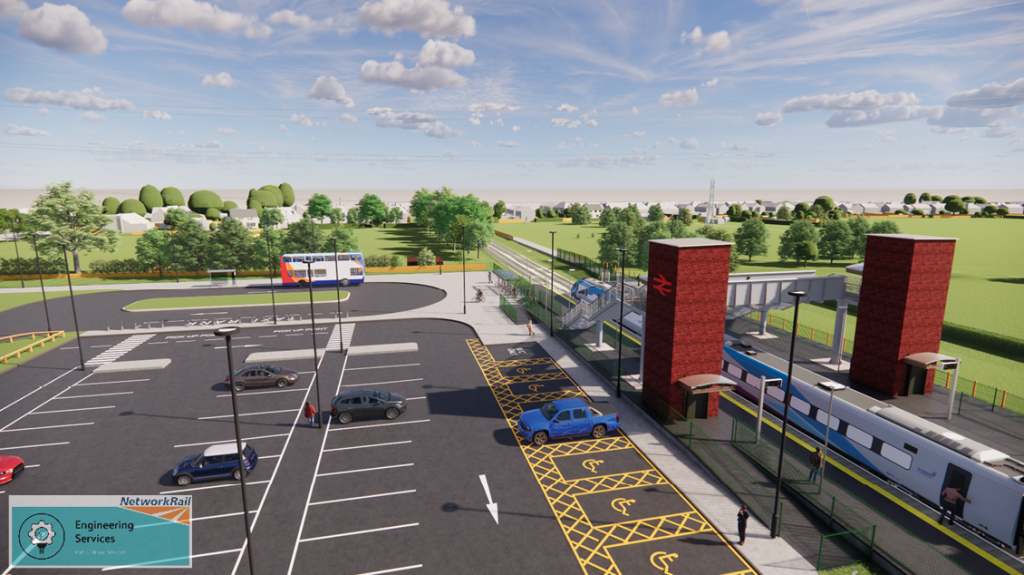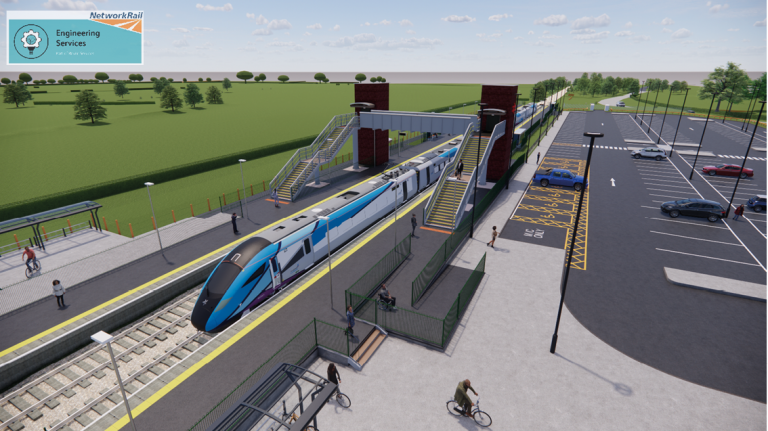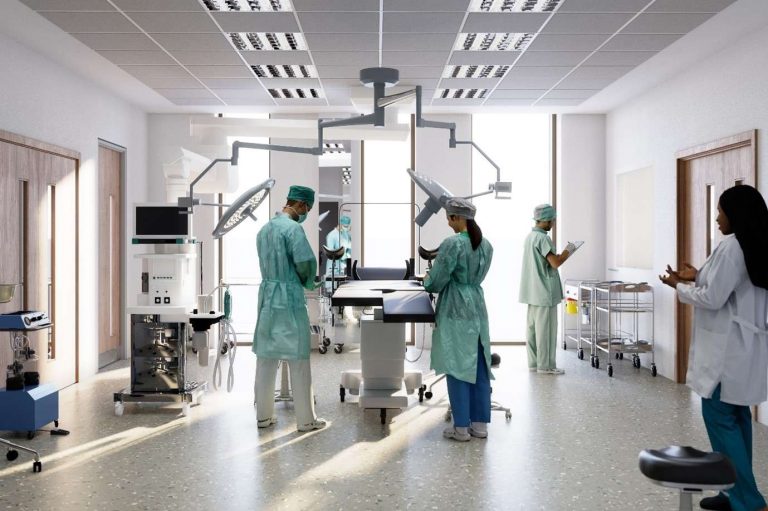PM urged to continue safeguarding land around Leeds Station
New hires strengthen Airedale Group’s focus on health and safety
Calderdale College signs five-year lease on more space at Dean Clough
JM Glendinning acquires Birmingham firm
Leeds’ JM Glendinning Insurance Brokers has acquired Birmingham-based Madoc & Rhodes (Lea Village) Ltd, strengthening the JMG Group portfolio.
Incorporated in 1967, Madoc & Rhodes is a team of seven insurance brokers headed by MD Paul McGrory, who has worked in the insurance industry for over 37 years. The business will continue to deliver vehicle, home and property insurance services from its Lea Village office, whilst working closely with JM Glendinning’s Birmingham-based business.
Paul McGrory joined Madoc & Rhodes in 1985, became co-owner in 1997 and sole owner in 2008. Paul says: “We’ve experienced significant growth over the last 12 months and by joining the JMG Group, we are now stronger than ever.
“We are a friendly and proudly traditional team that thrives on delivering outstanding customer service. Every client is important to us and we have a fantastic retention rate. In fact, we have fifty clients who have been with us for over 50 years – I think that makes us unique!
“I was considering a change in career when this opportunity came about but I am delighted that the right business came along at the right time. This move will allow me to get back to the shop floor, working directly with clients and investing time in the team and developing our offering.”
Jake Fox, group managing director at JM Glendinning, says: “This is a great opportunity for JM Glendinning and will unlock many opportunities as we build upon the existing well-known brand and quality service that’s already associated with Madoc & Rhodes.
“As a long-standing firm in Birmingham, we believe Madoc & Rhodes will complement our established team in Birmingham, led by Chris Hitch, and add breadth to our existing base in the city and beyond. Paul’s strong, principled leadership will no doubt help continue driving growth in the business.”
Madoc & Rhodes was advised by Worcester-based The Company Solicitor and MDP Accountants.
Planning application submitted for multimillion pound station development in Haxby


Government approves Kirklees Council’s plans for major health industry investment
RWE sells Ferrybridge engineering workshop
Councillors plan talks on the future of Harrogate Convention Centre
Next week councillors will meet to discuss a major investment in Harrogate Convention Centre to make sure it can continue to support the town’s multi-million pound visitor economy.
They’ll be talking about sidelining proposals for development plans, and instead look at more affordable options to bring long-awaited improvements.
Executive director for finance, Cllr Gareth Dadd, who is the authority’s deputy leader, said: “The convention centre is a very important venue for both Harrogate itself and the county’s wider economy, and we are therefore committed to ensuring that it continues to play a key role in the future.
“However, all major projects are being affected by the high rates of inflation and the rising costs of materials and labour.
“We need to make sure that we are providing the best value for money for residents and businesses across North Yorkshire, and we will carefully consider the options that are available for renovating the Harrogate Convention Centre.
“We need to decide how best to take the re-development plans forward while protecting the impact that would have on the public purse and the economy of the town.”
Members of the executive will be told that a two-phase development plan for the building was drawn up eight years ago, with the first stage due to revamp the existing building.
The second phase of the re-development outlined in the plan would see the existing exhibition halls replaced with a new event space, and the overarching project was expected to cost £47 million at the time when the proposals were drawn up.
However, when a business case revealed that the first phase alone was estimated to cost £48 million, the second stage of the development was deferred.
A bid for £20 million in funding from the Government’s Levelling Up Fund proved unsuccessful, and rising costs have meant that the first phase of the re-development is now expected to be in the region of £57.2 million. In addition, there would be lost revenue when the building closed for the wide-ranging programme of work.
Convention Centre Director Paula Lorimer said: “We recognise that there is a real need for investment in the building, but more affordable options should also be explored. Alternative plans that are being considered would prevent shutting large parts of the venue for significant periods of time to avoid the loss of valuable revenue.
“This building is integral to the visitor economy of Harrogate. Its conferences, exhibitions, corporate events, banquets and live entertainment provide jobs and business to the town’s shops, bars, cafes, restaurants and hotels – worth about £45 million a year to the local economy.
“I do back the recommendation that is due to be discussed by the executive, as I have been a long-standing supporter of investment in the convention centre for a number of years and the venue must remain open during the works.”
Paula added that this year’s income from lettings is at the highest level since 2014, and the number of forward bookings is also the highest in recent memory.
She said: “This demonstrates that the venue is doing well, and tactical investment is the way forward to keeping the venue operational.”
However, the building has problems with ageing heating and air conditioning systems and there are also increasing maintenance and utility costs, as well as a layout that presents challenges for many events and conferences.












